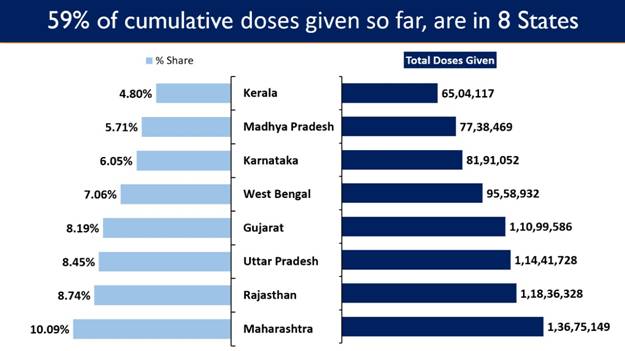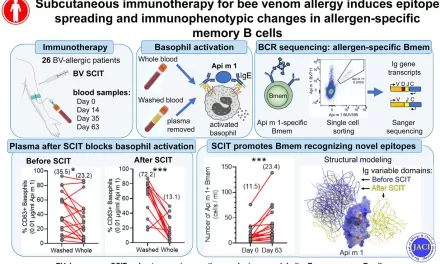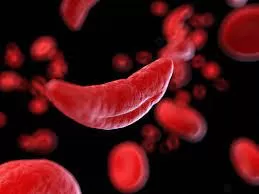New Delhi, India – In a significant leap towards a digitized healthcare system, government data reveals that over half of India’s population, more than 76 crore citizens, now possess Ayushman Bharat Health Accounts (ABHA IDs) under the Ayushman Bharat Digital Mission (ABDM). This initiative, a cornerstone of Prime Minister Narendra Modi’s digital health program, aims to create a nationwide digital health ecosystem by integrating medical records, hospitals, and healthcare professionals.
The National Health Authority (NHA), responsible for implementing ABDM, reported that a staggering 51 crore health records have already been linked to these ABHA IDs. Notably, Odisha has recorded the highest number of ABHA IDs relative to its population, followed by Andhra Pradesh, Himachal Pradesh, and Rajasthan, according to News18 reports.
“As of today, one in two Indians has created their Ayushman Bharat Health Account. Gradually, they can start linking their health records with ABHA to create their health history,” stated Himanshu Burad, Officer on Special Duty to the Joint Secretary & Managing Director (ABDM), NHA.
Burad likened the ABHA ID to a secure bank account for health records, emphasizing its privacy and long-term benefits. “ABHA can be compared to a bank account. In a bank, we keep our wealth, whereas in ABHA, we keep our health. No one can see your health records without your express consent, just like money in a bank cannot be withdrawn without authorization. Over time, these records will create a longitudinal health history, providing tremendous healthcare benefits,” he explained.
ABHA IDs are being generated through various channels, including the Co-WIN portal (COVID-19 vaccination), the Ayushman Bharat insurance scheme, the Health Ministry’s non-communicable disease program, and state-level digital health platforms like e-Kavach (UP) and Eka Care.
“Scan & Share” Feature Saves Millions of Hours
The government also highlighted the success of the “Scan & Share” initiative, which enables patients to scan a QR code at OPD registration counters for instant check-ins. “More than nine crore tokens have been issued under the ‘Scan & Share’ feature. Considering each token saves 10 minutes, this has collectively saved 90 crore minutes for patients in hospitals,” Burad said.
This feature is now operational in over 19,000 hospitals across 640 districts, with AIIMS Delhi, AIIMS Bhopal, AIIMS Odisha, AIIMS Chhattisgarh, and Gautam Buddha Nagar’s District Combined Hospital (UP) leading in adoption.
Official data indicates that 16,765 hospitals and 17,229 healthcare facilities have registered under ABDM, accelerating India’s transition towards a digitized, paperless healthcare system. The ABHA card, featuring a 14-digit unique ID, allows users to store and access their complete medical history digitally, reducing the reliance on physical records.
Disclaimer: While the information presented in this article is based on data provided by the National Health Authority and other cited sources, individual experiences with the ABHA ID and ABDM may vary. The effectiveness and long-term impact of the program are subject to ongoing evaluation and development. Readers are advised to consult with healthcare professionals for personalized medical advice. (https://www.digitalhealthnews.com/over-half-of-india-now-has-digital-health-records-govt-data-shows)












